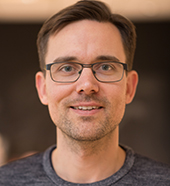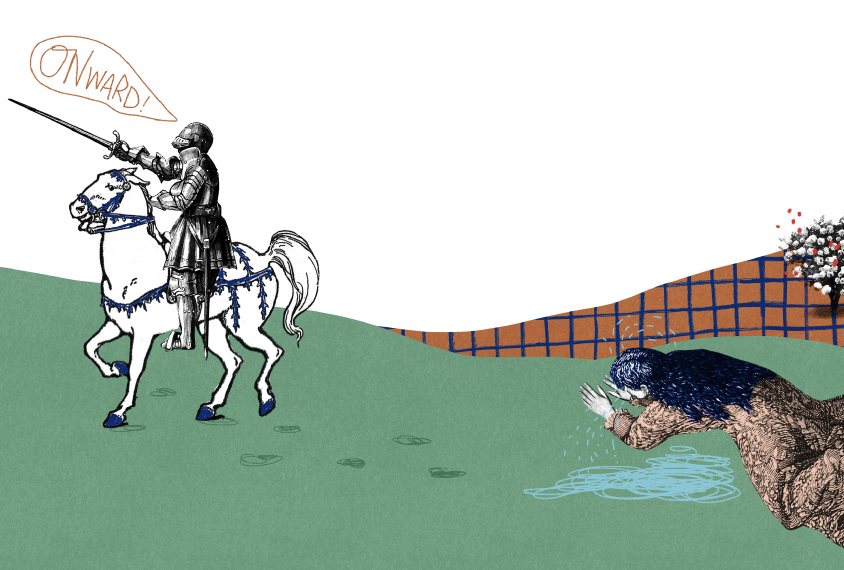Terje Falck-Ytter is professor of psychology at Uppsala University, researcher at the Center of Neurodevelopmental Disorders at Karolinska Institutet, and Pro Futura Scientia Fellow at the Swedish Collegium for Advanced Study in Uppsala, Sweden.

Terje Falck-Ytter
Professor
Uppsala University
From this contributor
The perils of suggesting famous historical figures had autism
Looking for signs of autism in characters from history and literature can offer insight into society’s changing perceptions through time — but it can also increase the risk of stigma against people with the condition.

The perils of suggesting famous historical figures had autism
Explore more from The Transmitter
Xiao-Jing Wang outlines the future of theoretical neuroscience
Wang discusses why he decided the time was right for a new theoretical neuroscience textbook and how bifurcation is a key missing concept in neuroscience explanations.
Xiao-Jing Wang outlines the future of theoretical neuroscience
Wang discusses why he decided the time was right for a new theoretical neuroscience textbook and how bifurcation is a key missing concept in neuroscience explanations.
Memory study sparks debate over statistical methods
Critics of a 2024 Nature paper suggest the authors failed to address the risk of false-positive findings. The authors argue more rigorous methods can result in missed leads.

Memory study sparks debate over statistical methods
Critics of a 2024 Nature paper suggest the authors failed to address the risk of false-positive findings. The authors argue more rigorous methods can result in missed leads.
Attention not necessary for visual awareness, large study suggests
People can perceive some visual information even if they do not pay direct attention to it.

Attention not necessary for visual awareness, large study suggests
People can perceive some visual information even if they do not pay direct attention to it.